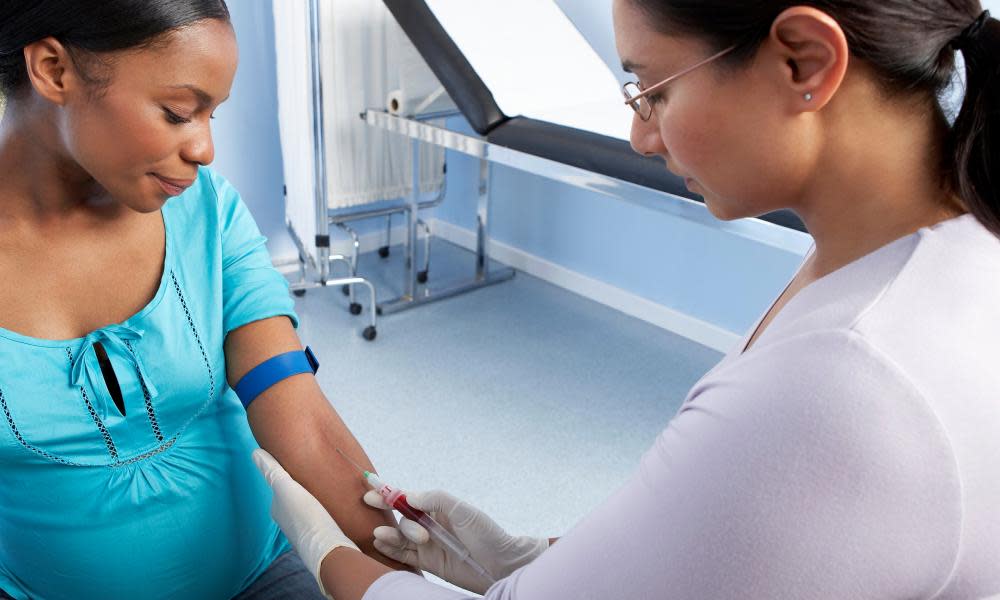The importance of midwifery units

Despite robust evidence that freestanding midwifery units (birth centres) provide high-quality care, the number of women able to use them is constantly undermined. Women’s choice is not the primary factor in declining numbers (Closure of midwife-run centres ‘denying women birth options’, 11 February).
First, an increasingly medicalised approach to pregnancy care means that fewer women are able to use freestanding midwifery units. Second, evidence shows that simply being in an obstetric setting leads to an increase in interventions, such as epidurals, forceps and caesarean births. Thus, fewer women are eligible – or confident – to plan for a home birth or birth centre next time. Third, birth-centre midwives are regularly reassigned to work in over-stretched obstetric units (at least partly due to the increasing medicalisation) meaning that birth centres are often closed “temporarily”, further reducing access to them. This cycle chips away at the numbers, and the women who are most likely to benefit from a midwifery unit instead find themselves in an obstetric unit, with an increased risk of intervention without clinical benefit. NHS underfunding sets one part of the system against another when both are underresourced.
Creative thinking is needed. Motivated midwives can provide holistic, community-based care. Research shows it is safe, protective of women’s health and cost-effective. Small teams of community-based midwives provide antenatal and postnatal care and offer a birth-centre service across rural Powys, so why not in Pontefract, Birmingham, Gloucestershire and Shropshire? The trend is not inevitable. Cheshire and Merseyside, for example, have created a community hub, as recommended in the National Maternity Review, providing a continuity model for women who want a home birth or to use the new “pop-up” birthing facility, with four more on the way.
Sheena Byrom Consultant midwife and director of All4Maternity
Helen Cheyne Professor of maternal and child health research & RCM (Scotland); professor of midwifery research, University of Stirling
Tracey Cooper Head of midwifery, Warrington & Halton Hospitals Trust, and LMS midwife, Cheshire & Merseyside LMS
Maria Healey Lecturer in midwifery education, Queen’s University Belfast
Marie Lewis Consultant midwife at Powys Teaching Health Board
Alison Macfarlane Professor of perinatal health, City, University of London
Christine McCourt Professor of maternal health and centre lead, City, University of London
Mary Newburn Maternity Transformation Stakeholder Council
Lesley Page Visiting professor in midwifery, King’s College London
Juliet Rayment Freelance maternity services researcher and service user
Lucia Rocca-Ihenacho Midwifery Unit Network
Catharina Schram Consultant obstetrician, East Lancashire Hospitals NHS Trust
Helen Shallow Birth Practice and Politics Forum
Seana Talbot President, NCT
Catherine Williams NHS England lay member for maternity transformation (south-east); National Maternity Voices; NICE fellow
Kirstie Coxon Associate professor, St George’s, University of London
Susan Bewley Emeritus professor of obstetric and women’s health at King’s College London
• Join the debate – email guardian.letters@theguardian.com
• Read more Guardian letters – click here to visit gu.com/letters
• Do you have a photo you’d like to share with Guardian readers? Click here to upload it and we’ll publish the best submissions in the letters spread of our print edition

 Yahoo News
Yahoo News 
